20 Surprising Facts About The World’s Smallest Countries
Good things come in small packages, and the world’s tiniest nations prove that size isn’t everything when it comes to being fascinating. These miniature countries pack an incredible amount of history, culture, and quirky facts into their limited borders.
Let’s explore some of the most surprising details about Earth’s smallest sovereign states.
Vatican City’s Unusual Population
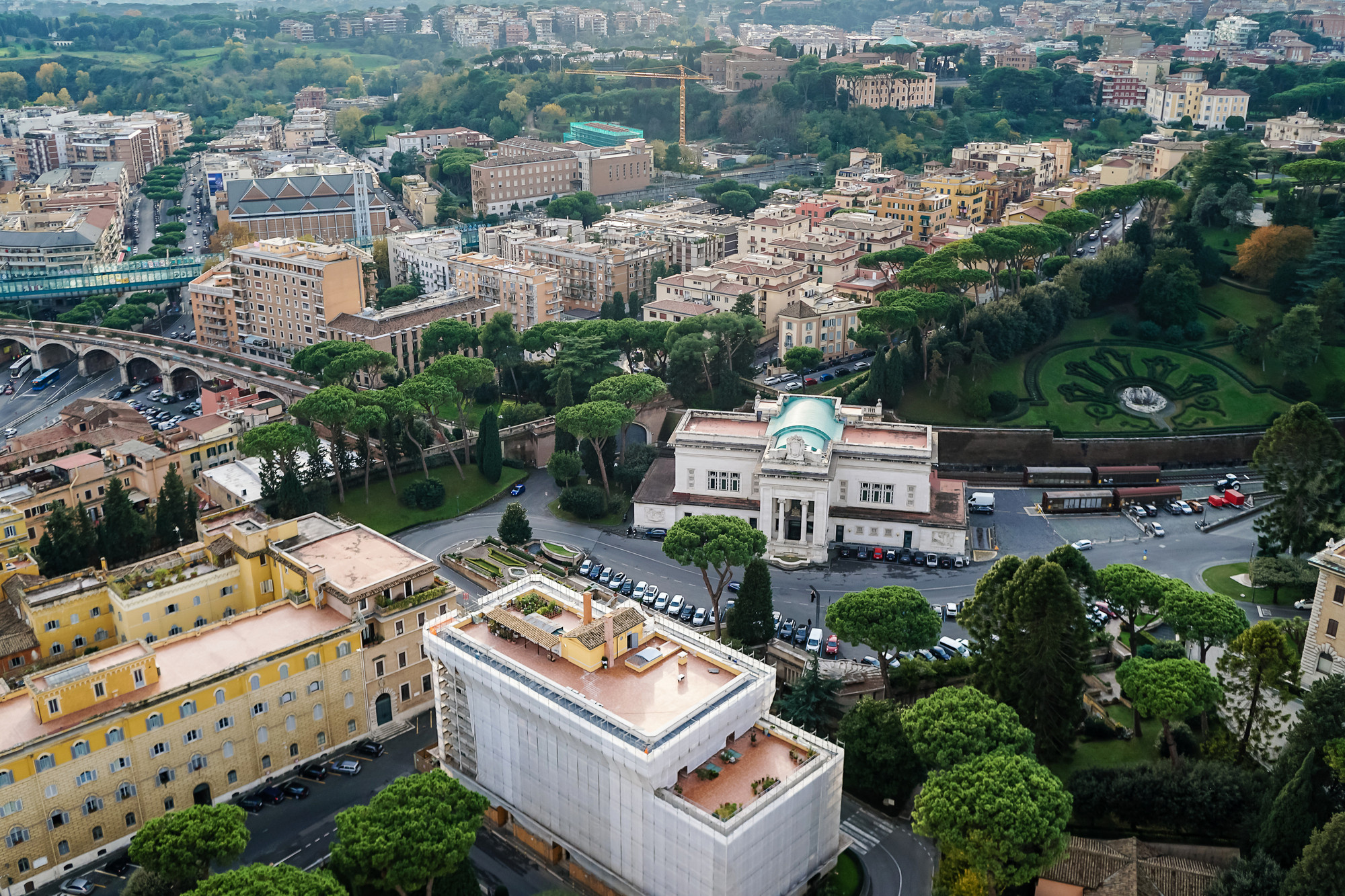
The world’s smallest country has the most unusual citizenship rules. No one is born a Vatican citizen – citizenship is granted only while employed by the Holy See. When employment ends, citizenship is automatically revoked, making it one of the few countries where citizenship is literally a job benefit.
Monaco’s Remarkable Demographics
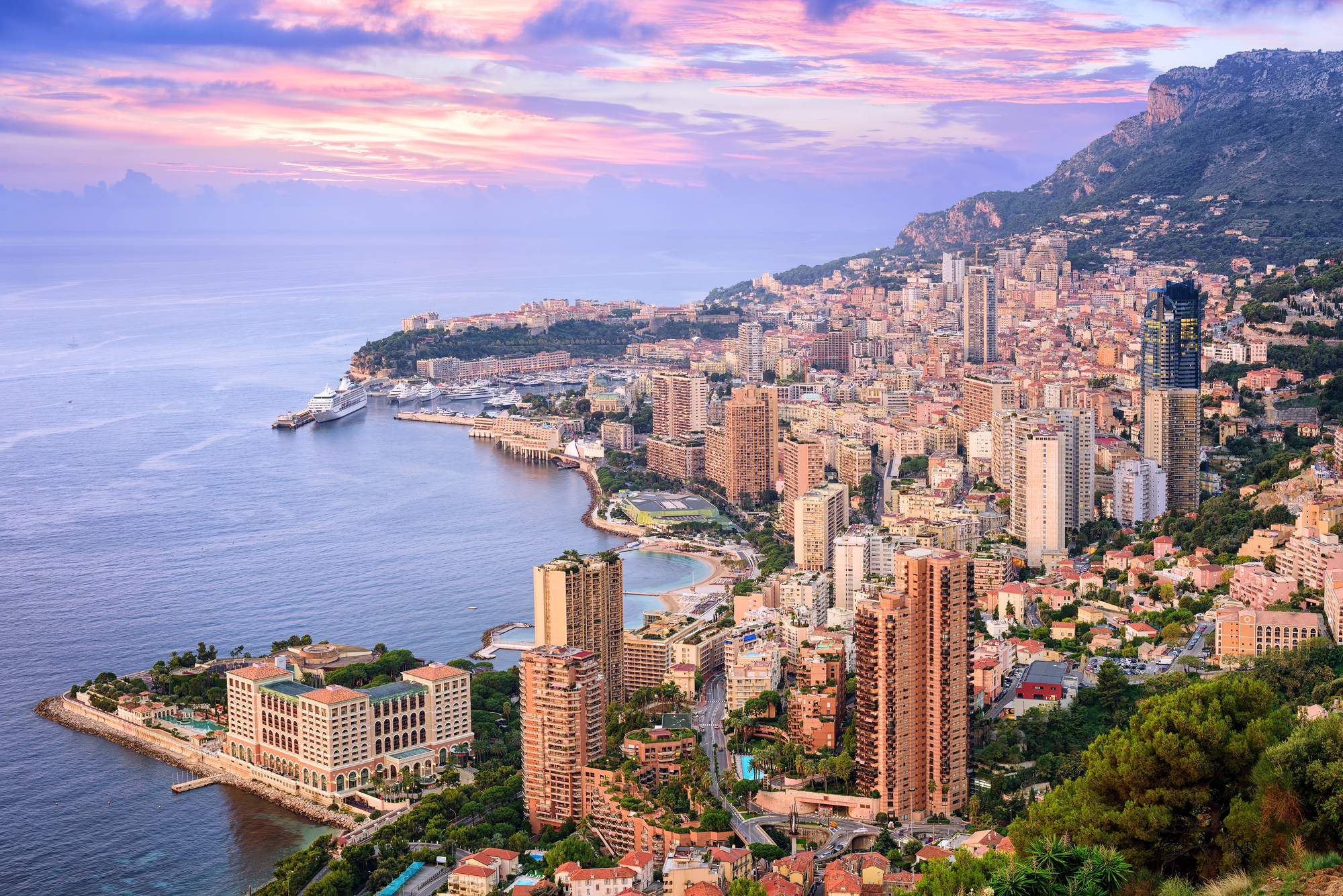
Despite being smaller than New York’s Central Park, Monaco has the highest concentration of millionaires in the world. Even more surprisingly, actual Monégasque citizens are a minority in their own country, making up only about 21% of the population.
Like Go2Tutors’s content? Follow us on MSN.
Nauru’s Phosphate Fortune
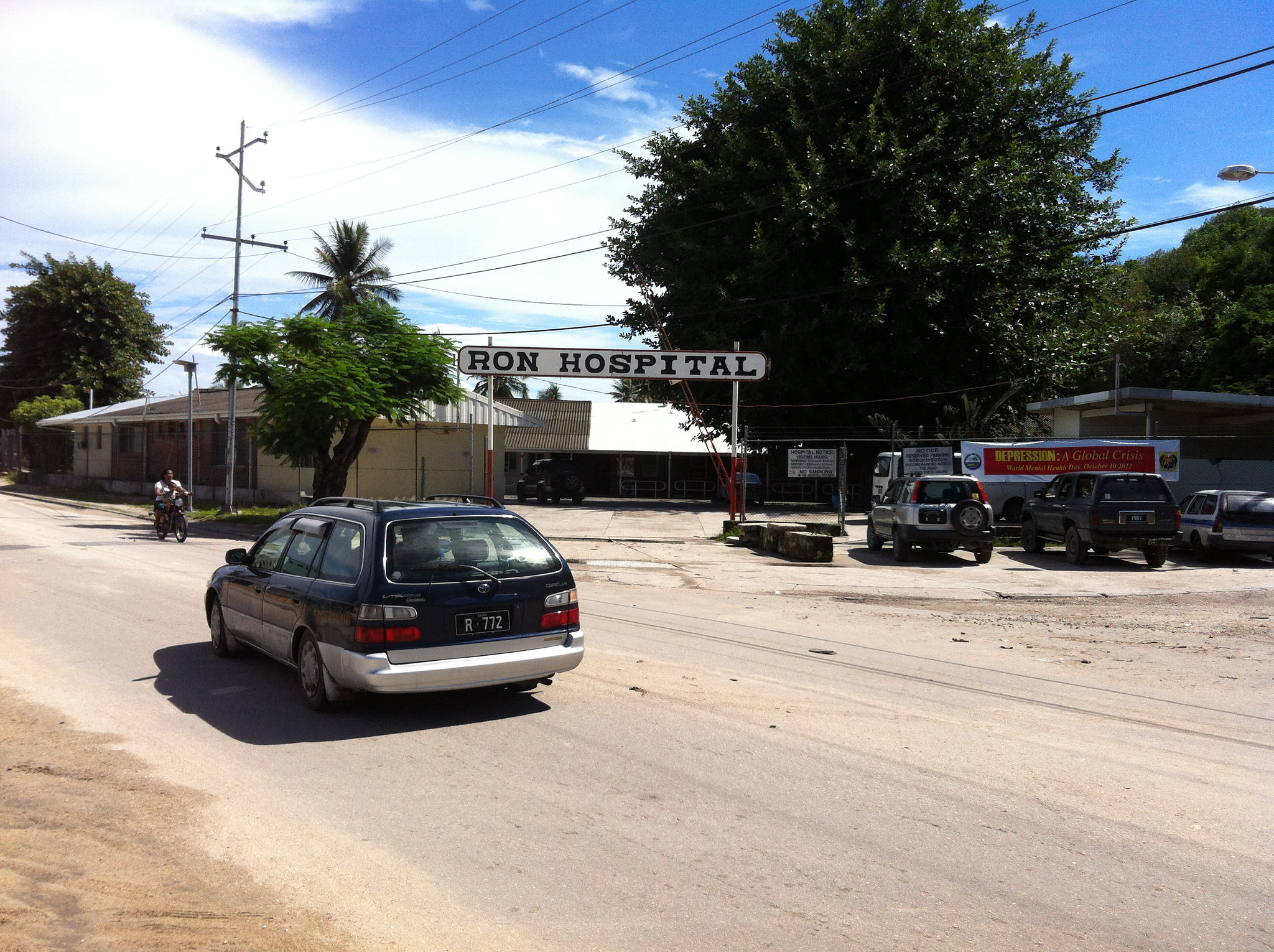
This tiny Pacific island was once one of the richest countries per capita, thanks to phosphate mining. The wealth was so extreme that in the 1970s, citizens didn’t have to pay taxes and received free international flights. Today, most of the phosphate is gone, dramatically changing the nation’s fortunes.
San Marino’s Unique Military
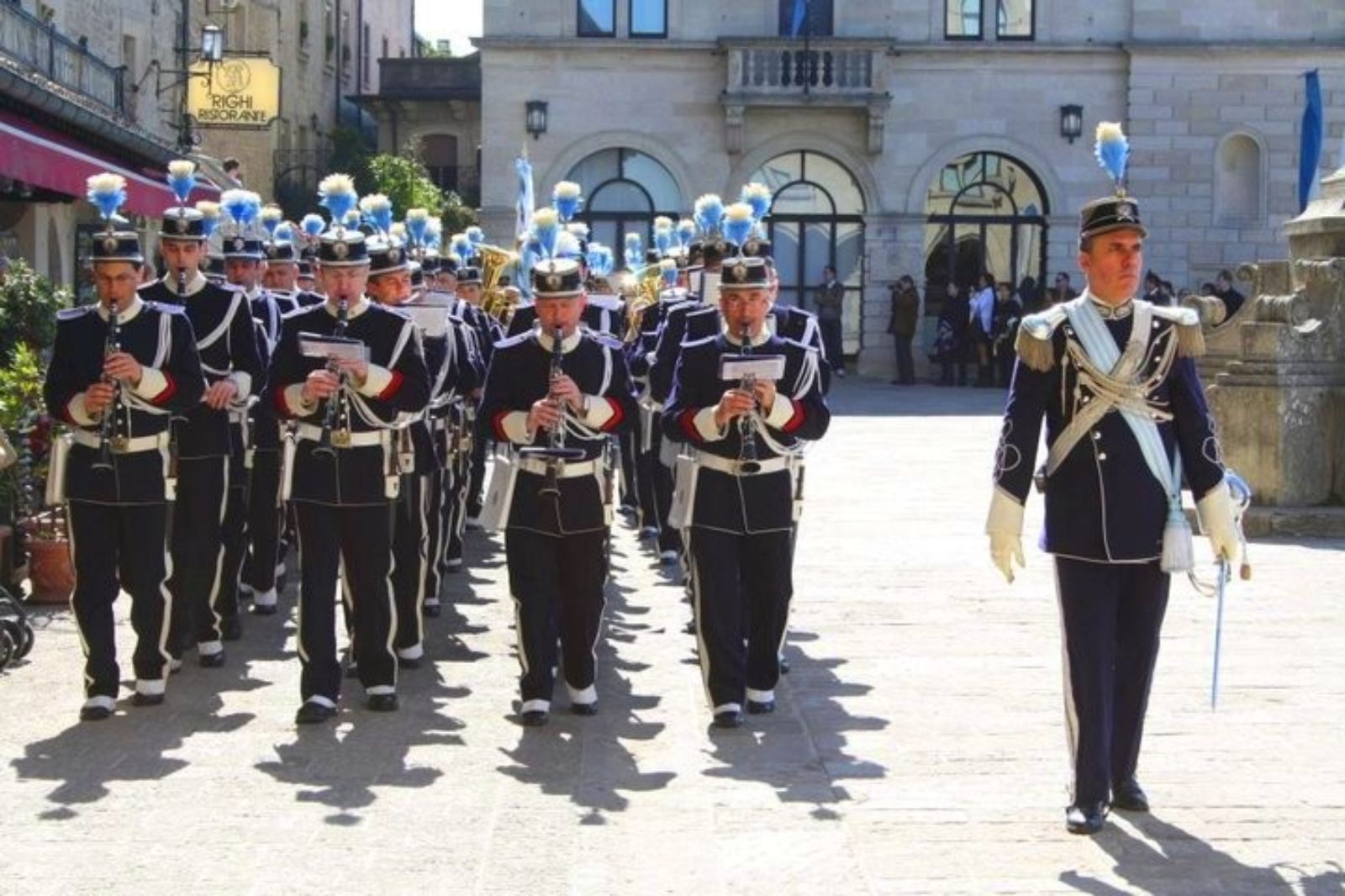
The Sammarinese military includes a unit of crossbowmen who perform in medieval costumes. Even more intriguingly, this tiny republic claims to be the world’s oldest surviving sovereign state, having been founded in 301 AD by a Christian stonemason.
Tuvalu’s Internet Windfall
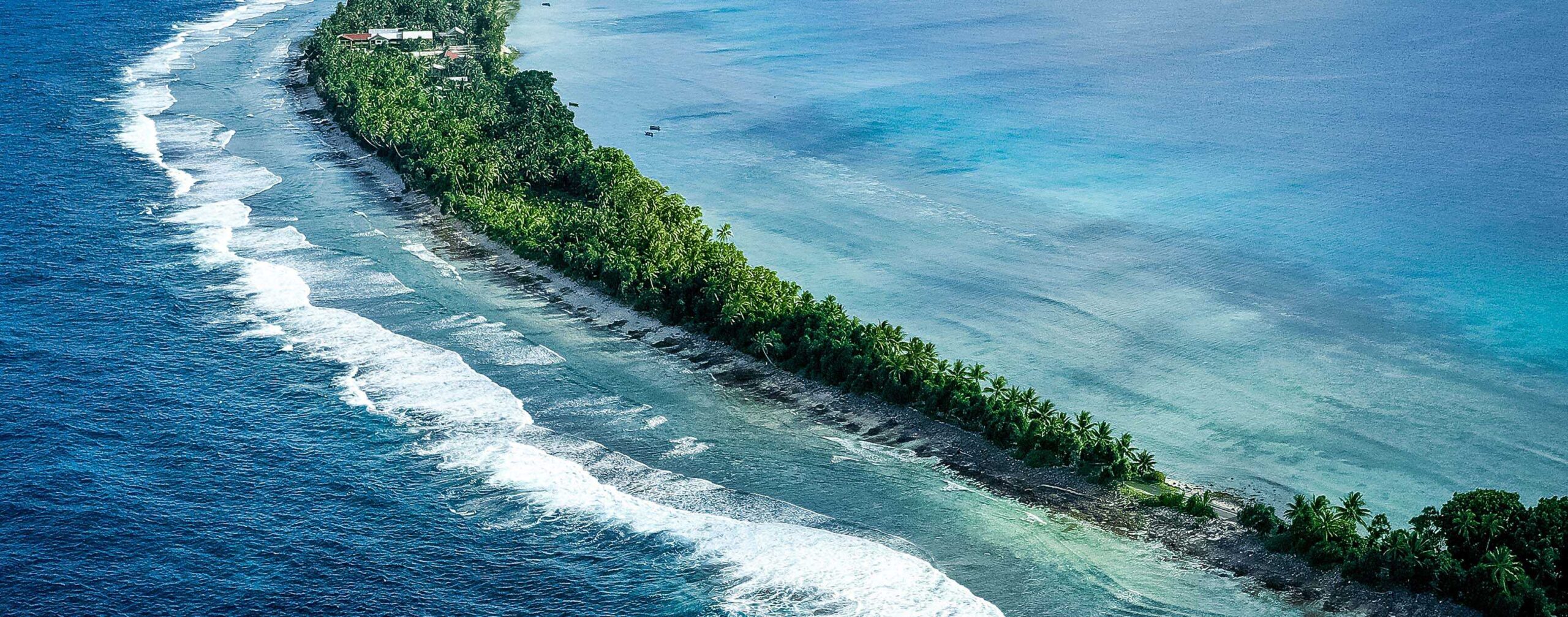
This Pacific microstate earns substantial revenue from its ‘.tv’ internet domain name, which is highly desirable for television and streaming websites. The country basically struck digital gold by having the right two-letter country code at the right time.
Like Go2Tutors’s content? Follow us on MSN.
Liechtenstein’s Army Story
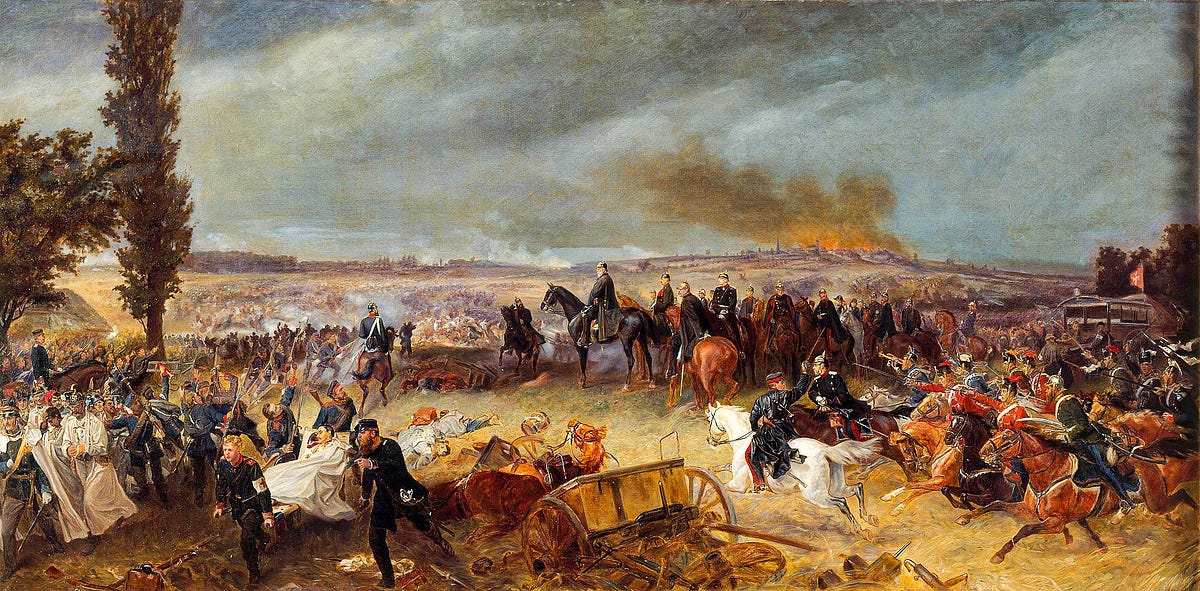
In 1866, Liechtenstein sent 80 soldiers to guard an Italian mountain pass. They returned with 81 men, having made a friend along the way. The country abolished its army shortly after, and today remains one of the few nations without a military.
Palau’s Jellyfish Lake
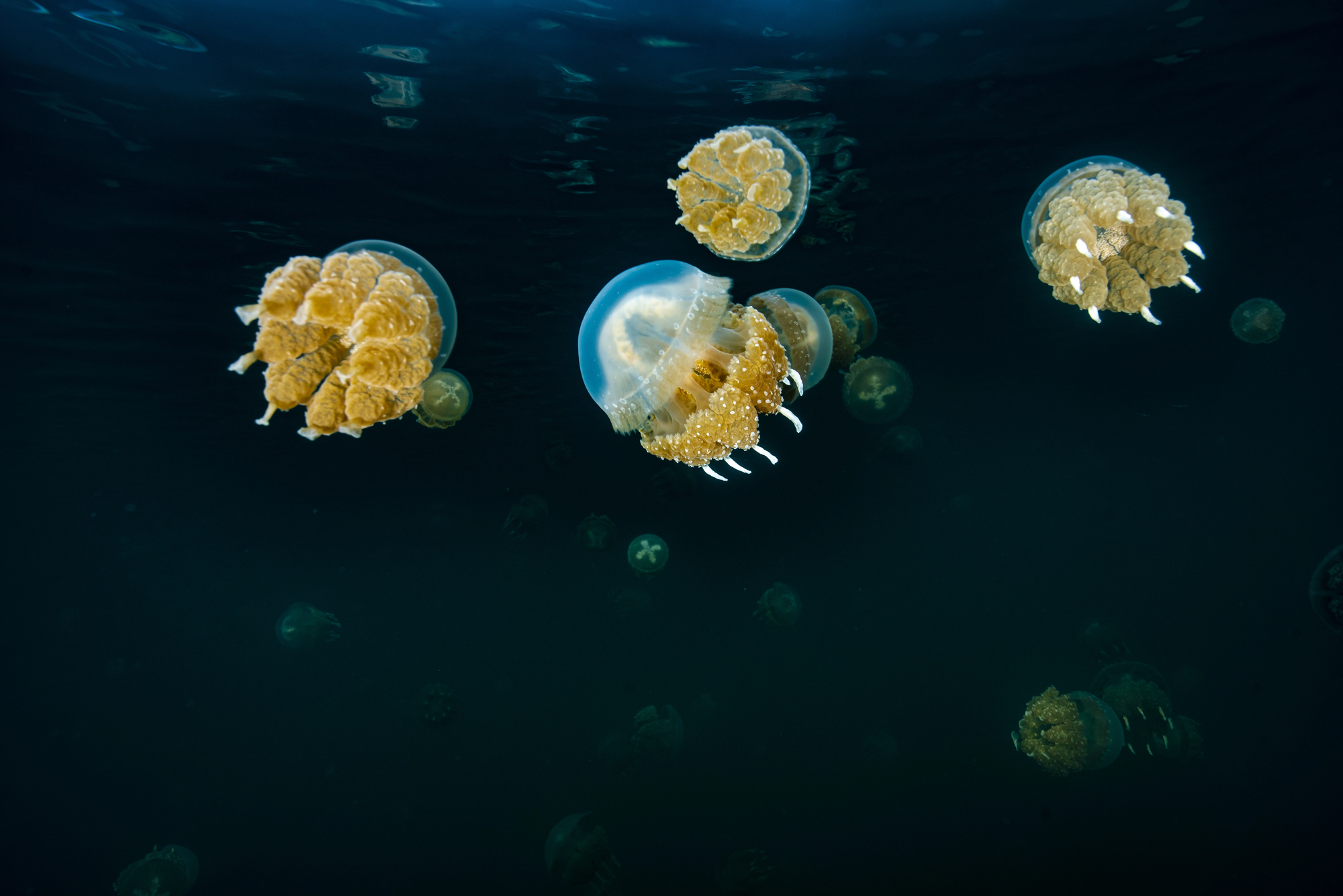
This island nation features a lake filled with millions of jellyfish that lost their sting through evolution. Tourists can safely swim among them, making it one of the world’s most unique natural attractions.
Malta’s Film Industry Success

Despite its tiny size, Malta has served as a filming location for major productions like Game of Thrones and Gladiator. Its ancient architecture and Mediterranean landscapes make it a versatile backdrop for historical and fantasy films.
Like Go2Tutors’s content? Follow us on MSN.
Saint Kitts and Nevis’s Citizenship Program
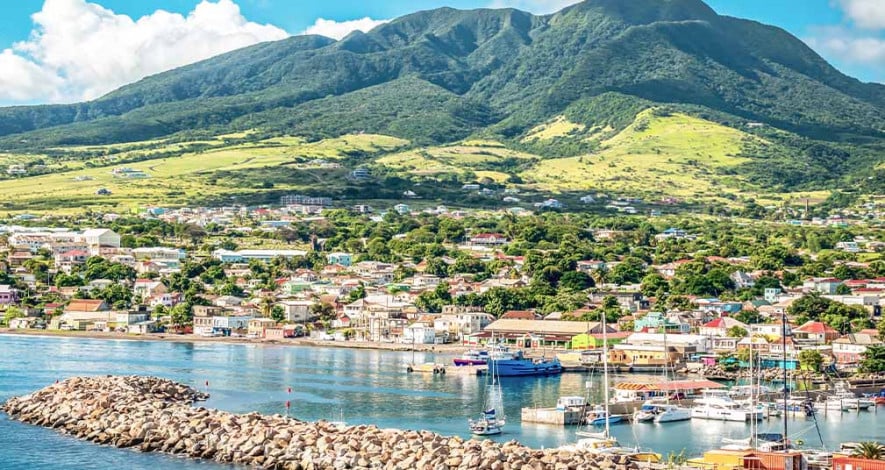
This Caribbean nation runs one of the world’s oldest citizenship-by-investment programs. For a substantial investment in real estate or the country’s development fund, anyone can become a citizen without ever living there.
Maldives’s Underwater Cabinet Meeting
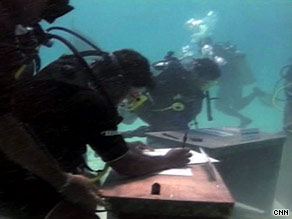
In 2009, the Maldives held the world’s first underwater cabinet meeting to highlight rising sea levels. Ministers used hand signals and waterproof documents to conduct government business while scuba diving.
Seychelles’s Unique Palm
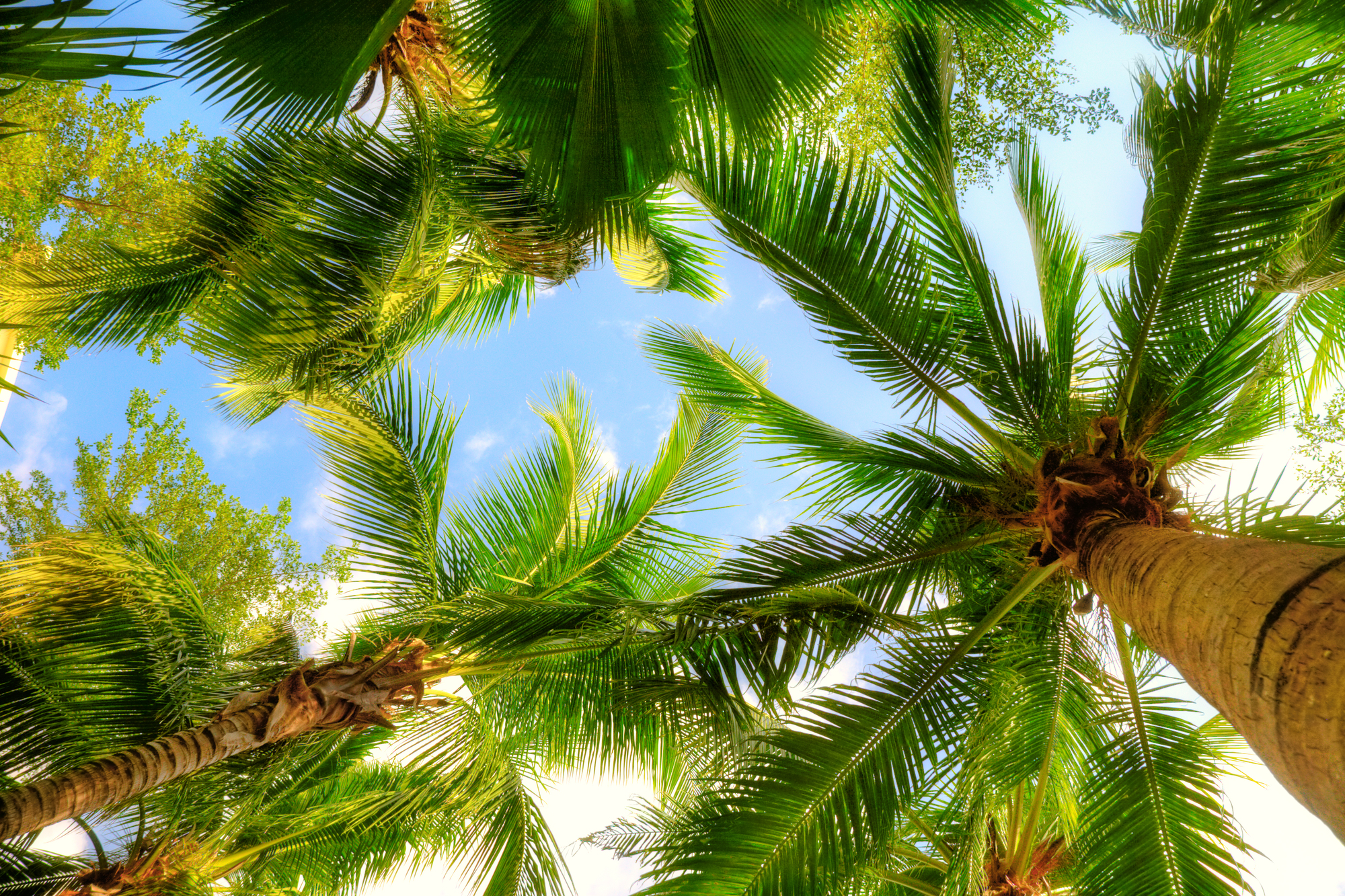
The Coco de Mer palm, native to the Seychelles, produces the world’s largest seed, weighing up to 40 pounds. The country carefully protects these unique plants, which have become a national symbol.
Like Go2Tutors’s content? Follow us on MSN.
Luxembourg’s Multilingual Success
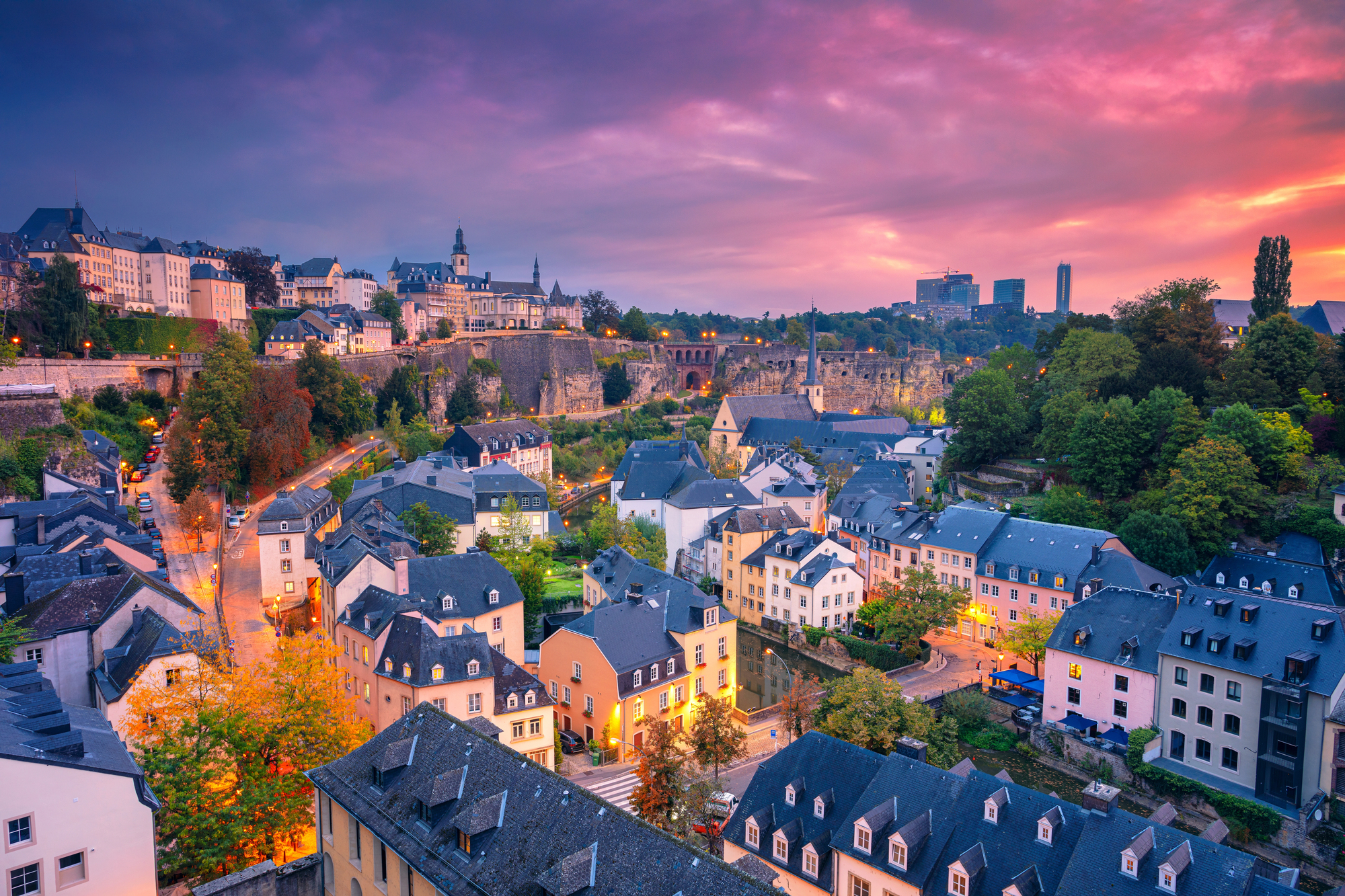
Despite having just over 600,000 residents, Luxembourg officially uses three languages: Luxembourgish, French, and German. Most residents routinely switch between languages throughout their day.
Andorra’s Ski Economy

This tiny nation between France and Spain has no airport, but its ski resorts attract millions of visitors annually. The country has become one of Europe’s largest ski destinations despite having a population smaller than many towns.
Marshall Islands’s Nuclear Legacy
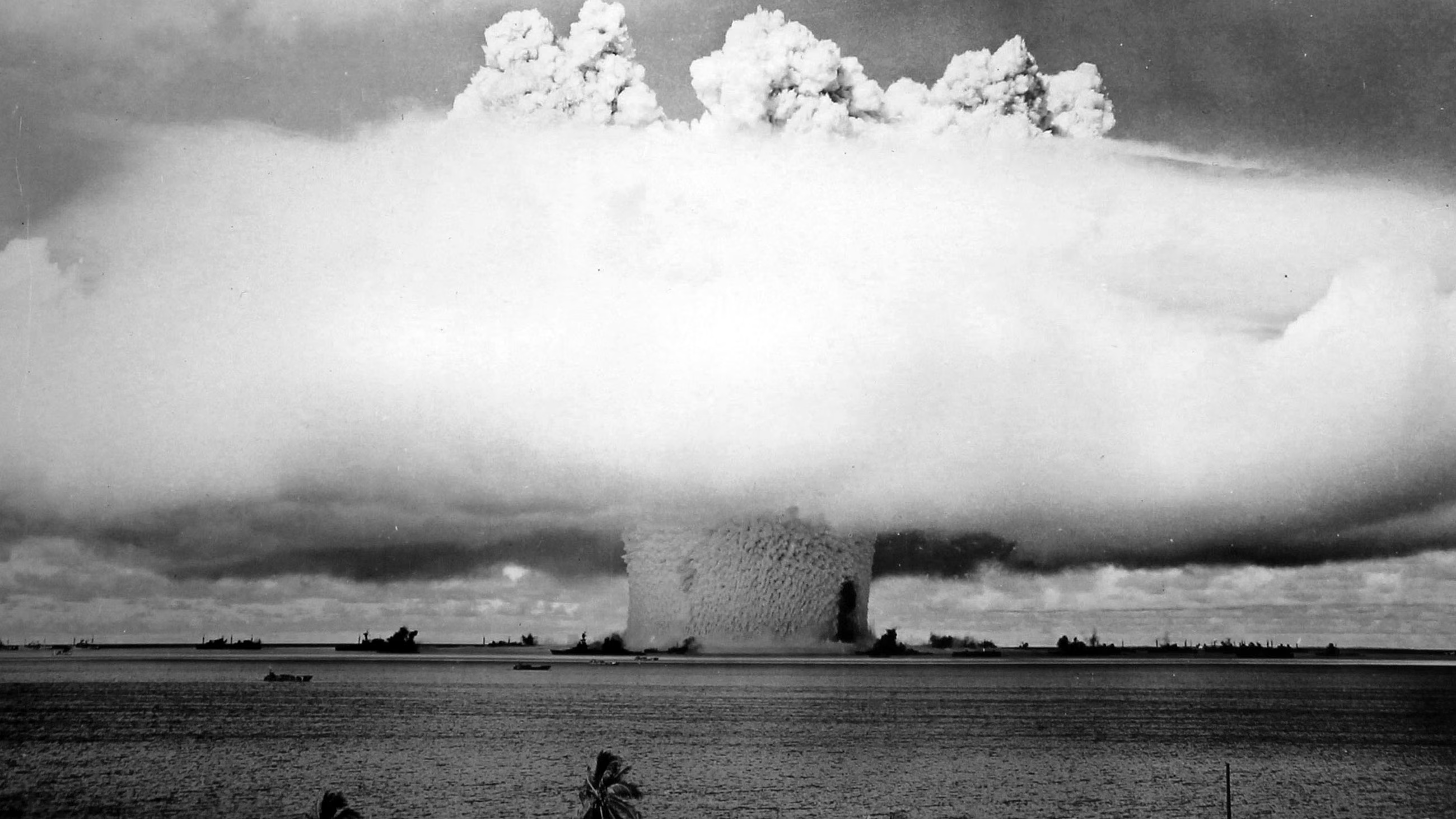
Between 1946 and 1958, the United States conducted 67 nuclear tests on this island nation. The country’s history with nuclear testing has made it a powerful voice in international nuclear disarmament discussions.
Like Go2Tutors’s content? Follow us on MSN.
Grenada’s Underwater Sculpture Park
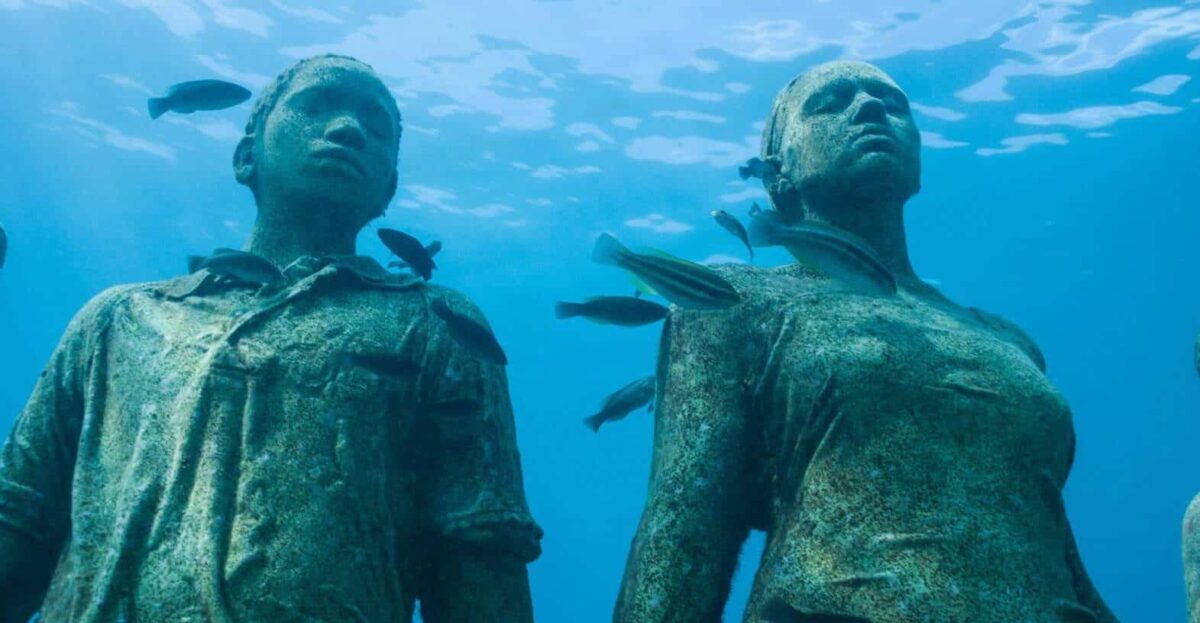
This Caribbean nation features the world’s first underwater sculpture park, combining art with marine conservation. The sculptures act as artificial reefs, promoting marine life while creating an unusual tourist attraction.
Bahrain’s Tree of Life

This desert nation features a 400-year-old tree that survives without any apparent water source. The mesquite tree stands alone in the desert, becoming a symbol of resilience and a tourist attraction.
Brunei’s Royal Wealth
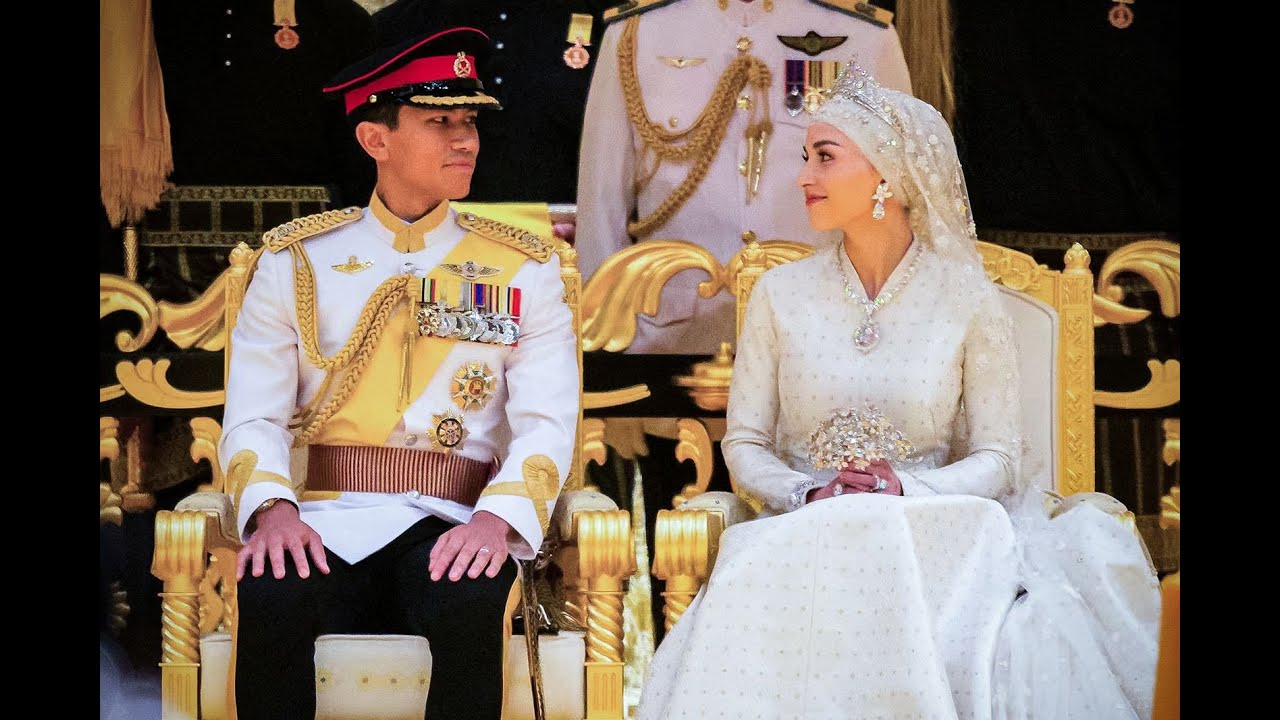
The Sultan of Brunei’s palace is the world’s largest residential palace, with 1,788 rooms and 257 bathrooms. The country’s oil wealth allows for such extravagance despite its small size.
Like Go2Tutors’s content? Follow us on MSN.
Cyprus’s Divided Capital
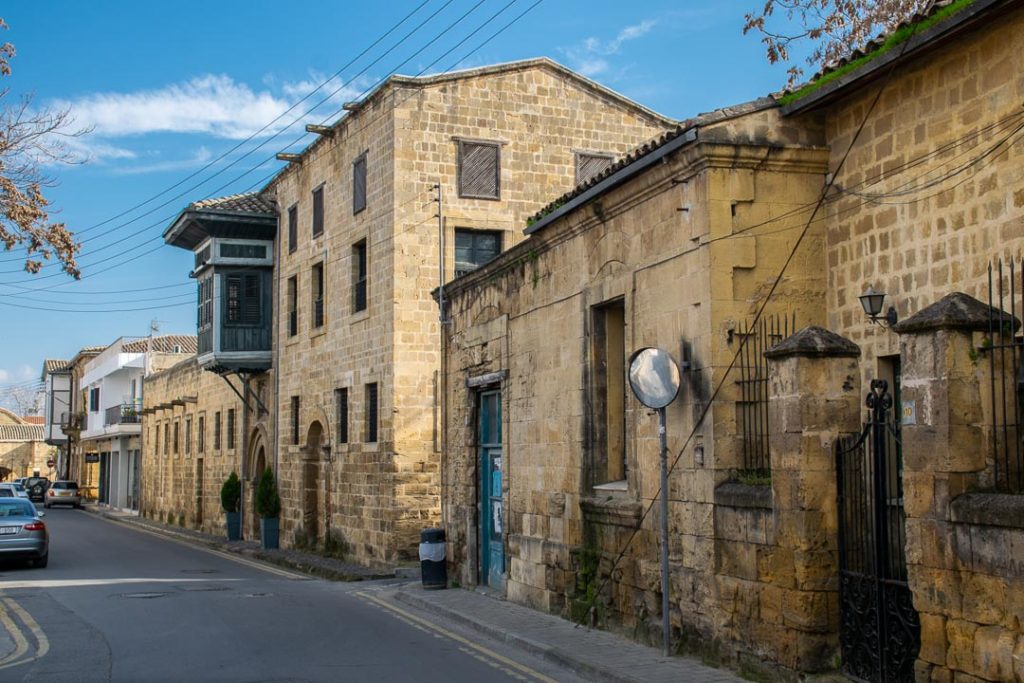
Nicosia is the world’s last divided capital city, split between the Republic of Cyprus and the Turkish Republic of Northern Cyprus. A UN buffer zone runs through the city centre, creating a unique urban landscape.
Barbados’s Grapefruit Origin

This Caribbean nation is the birthplace of the grapefruit, which was discovered as a natural mutation of the pomelo. The fruit was first documented here in the 18th century as the “forbidden fruit.”
Eswatini’s Royal Reed Dance

Every year, this small African monarchy hosts a massive cultural festival where thousands of unmarried women dance for the king. The traditional ceremony has become both a cultural celebration and a tourist attraction.
Like Go2Tutors’s content? Follow us on MSN.
Small But Significant
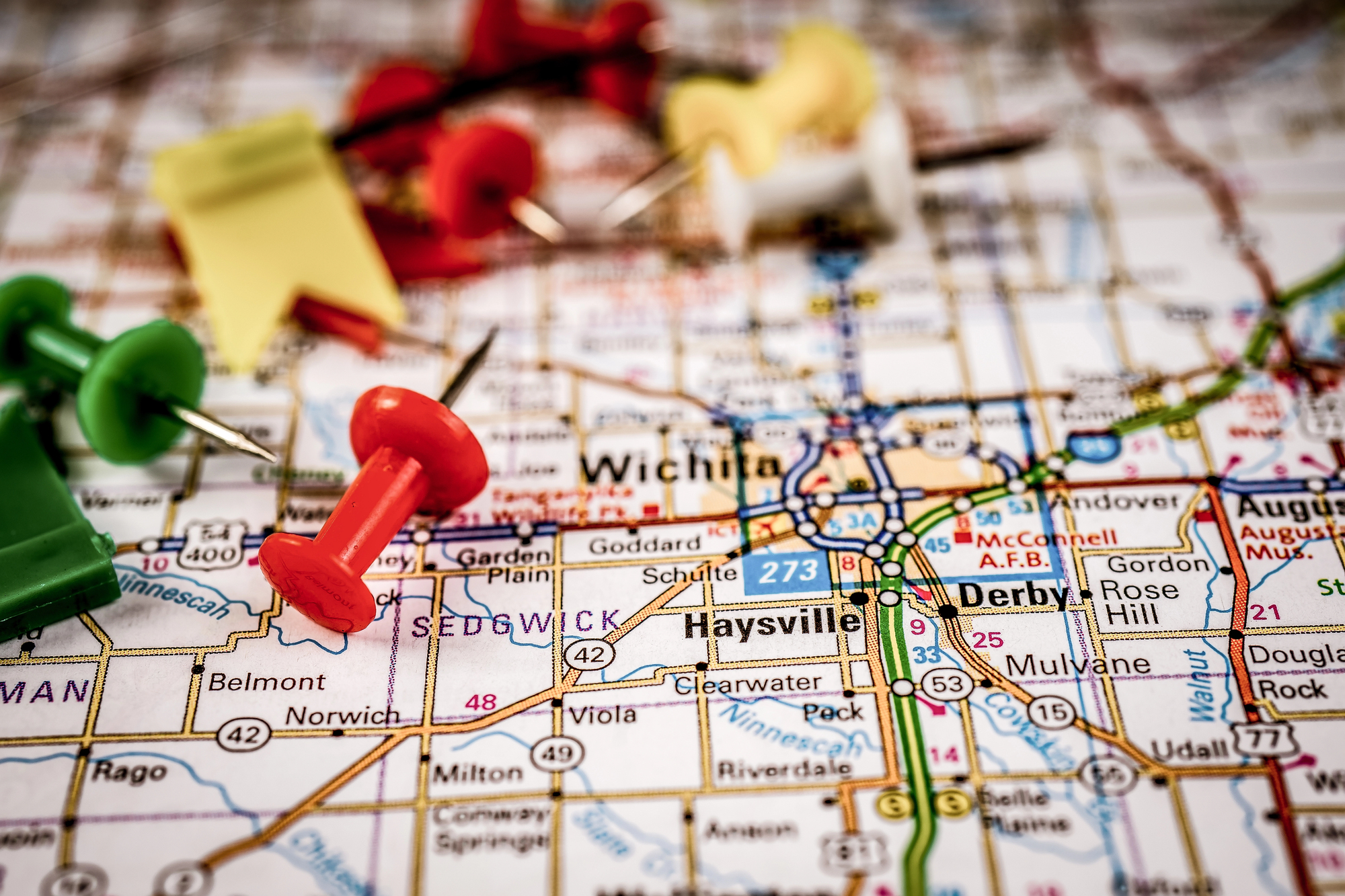
These miniature nations prove that geographic size doesn’t determine a country’s impact or intrigue. From unique cultural traditions to surprising economic innovations, the world’s smallest countries contribute fascinating chapters to human history.
Their stories remind us that significance isn’t measured in square miles but in the distinctive ways each nation influences and enriches our global community.
More from Go2Tutors!

- Famous Battles: How Much Do You Really Know About U.S. History?
- Top 5 Most Important Skills, According To Harvard Business School
- How Well Do You Know 90s Pop Culture? Take the Quiz
- Master the Art of Public Speaking with These Expert Tips
- Think You Know Capitals? Put Your Knowledge to the Test
Like Go2Tutors’s content? Follow us on MSN.



